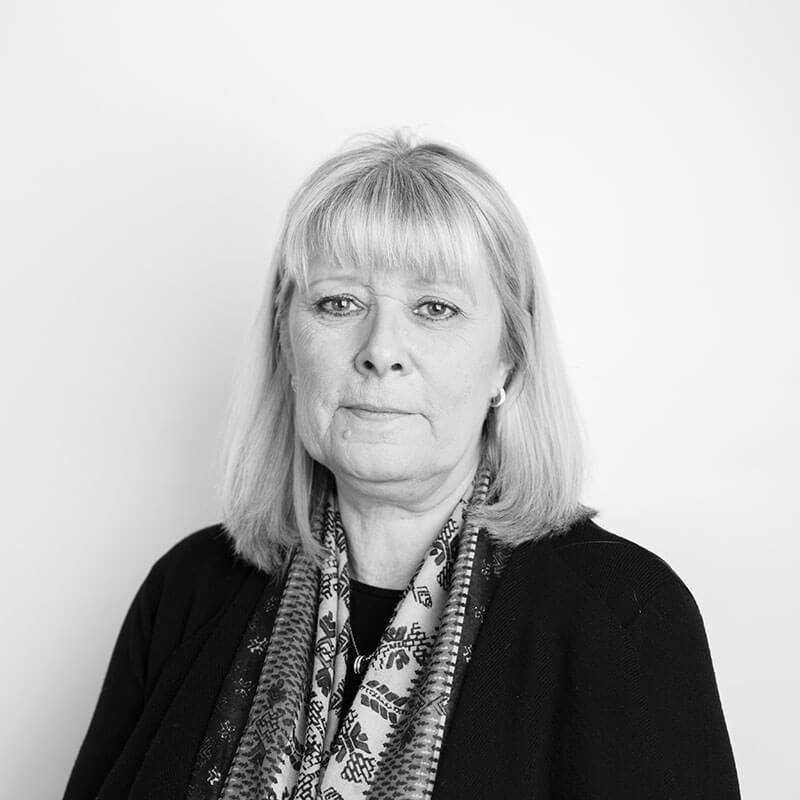Don’t let a difference of opinion become a deciding factor in children’s educational experience
14 November 2019
Listening, participating and sharing contrasting views are the keys to unlocking disputes in education – to the benefit of young people, writes Sandra Mitchell
Call 20: Deliver a workforce that works for children: confident, skilled, values-driven
Simon Massey and Liz Green’s 25 Calls contribution rightly calls for a workforce that is genuinely ‘values-driven’.
In her recent response, Angela Morgan observed that such a values-driven workforce requires organisations with open, challenging and critical cultures for the purpose of learning and improvement, with acceptance of responsibility and ownership of errors (click to read). Crucially, though, these cultures must not be “fuelled by blame”.
Angela wrote:
“What does this feel like in practice? As a frontline practitioner it means feeling safe to express doubt and vulnerability without being seen as failing.
"It means welcoming high expectations and challenge which empowers you to do your best work with and for children and young people and the people around them who are important in their lives.”
To me, Angela’s insight feels highly relevant to current discussion about the kind of disputes over additional support needs that can arise in education settings – and what can help to reconcile these disagreements for all involved.
Meeting the needs of children and young people who have additional support needs is complex. It has its own language, processes, deadlines and systems. Legislation and other guidance contain terms with no objective definitions.
The same child or young person in two different schools could be assessed and supported in different ways. The very nature of the matter in hand invests the process with a high level of emotion and potential for tension which can be underestimated in this regular and very important professional and parental contact.
Mediation can be a very successful route to bring the key people together in order to meet the needs of children and young people in education when tensions and disagreements arise.
Mediation gives parents and young people, along with professionals, an equal part in that process to listen, participate and share ways of thinking so that it comes to be the norm that all those with a part to play will work together and talk together.
In these matters there are no absolute definitions of the right way to do things. Every child is different, every child’s circumstances differ, the schools they attend and the teachers who work in them are different, and local authorities differ in how they do things. Parents differ in their approaches and priorities, and so do professionals.
Yet these are the people who must arrive at joint decisions, not just over matters such as assessment and intervention, but also over what terms like “significant” and “complex” might mean in the case of an individual child. It is because of this uncertainty that working together, talking together and trying to understand other contributors is so fundamental.
It is inevitable that differences of opinion will arise. Differences of opinion are drivers for change and are not to be feared or avoided. What is to be feared and avoided is allowing them to become entrenched disagreements or even personal grievances.
There are two ways of working through differences of opinion. One is for an opinion to change – possibly in the light of new information. The other is for a compromise to be reached. Neither of these comes about of its own accord. Both require people to talk, and to try to understand the other opinion and reasons behind it.
A good starting point for such talk is the assumption that whatever differences of opinion there might be, all the contributors have in mind what they believe to be the interests of the child. That is, they are all on the same side.
One of the keys to success in this is working to understand why someone has the opinion they have. A school or an education authority’s opinions will probably be informed by the fact that they must take account of what resources they have or can get, and the fact that they have the needs of other children to meet at the same time.
Parents want what they believe to be the best for their child. This example is the source of most education disputes. Although there will always be differences of opinion like this, far fewer that is currently the case need to end up as disputes and many of the disputes can be successfully addressed by using independent mediation.
Communication and establishing mutual trust is important in this. The more we trust someone, the less formal and detailed our agreements need to be. We trust that the plan will be carried out, and we trust that our ability to communicate with the other party will address problems that may arise.
If we can communicate with and respect each other, we can create more effective and mutually satisfactory relationships, discussions and outcomes for the most important aspect in all this – the children and young people involved.
Sandra Mitchell is Manager of the mediation service Resolve: ASL.
She is responding here to a 25 Calls contribution by Angela Morgan (click to read it), who was in turn responding to Call 20 by Simon Massey and Liz Green – Deliver a workforce that works for children: confident, skilled, values-driven. Click to read Call 20.

About the author
Sandra Mitchell is Manager of the mediation service Resolve: ASL
Click here to find out more
Call 20
Deliver a workforce that works for children: confident, skilled, values-driven
Click to read the full call
25 Calls response
How do you ensure vulnerable children know you’re on their side? Be professional – and be human
Click to read the response25 Calls campaign
Find out more about the 25 Calls campaign, view press coverage and read further responses
Click to find out more